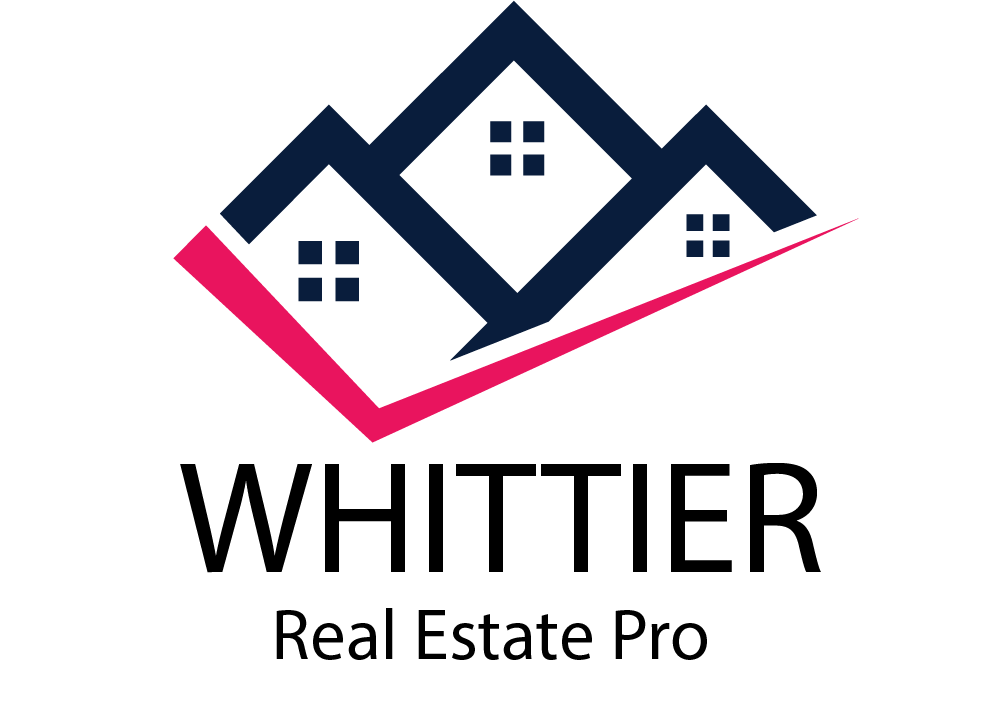Step Eight: The Escrow Process
 Once the seller and buyer have agreed upon an offer, the next step is to open escrow. The escrow process is a critical part of a real estate transaction. It provides a level of protection for both the buyer and seller by making sure all conditions are met before the transfer of property.
Once the seller and buyer have agreed upon an offer, the next step is to open escrow. The escrow process is a critical part of a real estate transaction. It provides a level of protection for both the buyer and seller by making sure all conditions are met before the transfer of property.
Role of the Escrow Company
An escrow company acts as a neutral third party that holds the buyer’s deposit and the property’s deed during the transaction. They make sure all contractual terms, including the fulfillment of contingencies, are met before the funds and property change hands. The escrow company also prepares many of the necessary documents and accounts for all funds in the transaction.
Documents Involved
During the escrow process, numerous documents will be prepared and reviewed. These include:
- Escrow Instructions: This document, created by the escrow officer, details the specific steps to be taken and conditions to be met for the transaction to be completed.
- Preliminary Title Report: This provides information about the property’s title, including any liens or encumbrances.
- Deed: The deed transfers ownership of the property from the seller to the buyer.
- Settlement Statement: This document, also known as a Closing Disclosure, itemizes the financial transactions of the sale, including the purchase price, deposit, loan amount, fees, and prorations.
Closing Costs and Fees
Closing costs include a variety of fees related to the sale and transfer of property. As a seller, you may be responsible for the following:
- Real Estate Commission: This is typically the largest closing cost. It’s the fee paid to the real estate agents involved in the sale.
- Escrow Fees: These are fees charged by the escrow company for their services.
- Title Insurance Fees: This insurance protects the buyer (and their lender) against problems with the title.
- Transfer Taxes: These are taxes charged by the city, county, or state to record the transfer of property.
- Prorations: These are shared costs between the buyer and seller, divided based on the number of days each party owns the property in the month of closing. Prorations can include property taxes, HOA dues, and utility costs.
The escrow process can be complex, and timelines and responsibilities may vary depending on local customs and the specifics of the transaction. It’s essential to have a knowledgeable real estate agent and escrow officer guiding you through the process to ensure everything is completed accurately and on time.
Curious about your home's value? Find out instantly!
Sample widget setup using HomeBot. This is optional but highly recommended, find out more at homebot.ai


